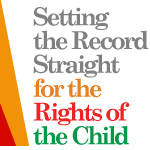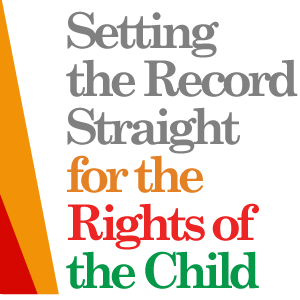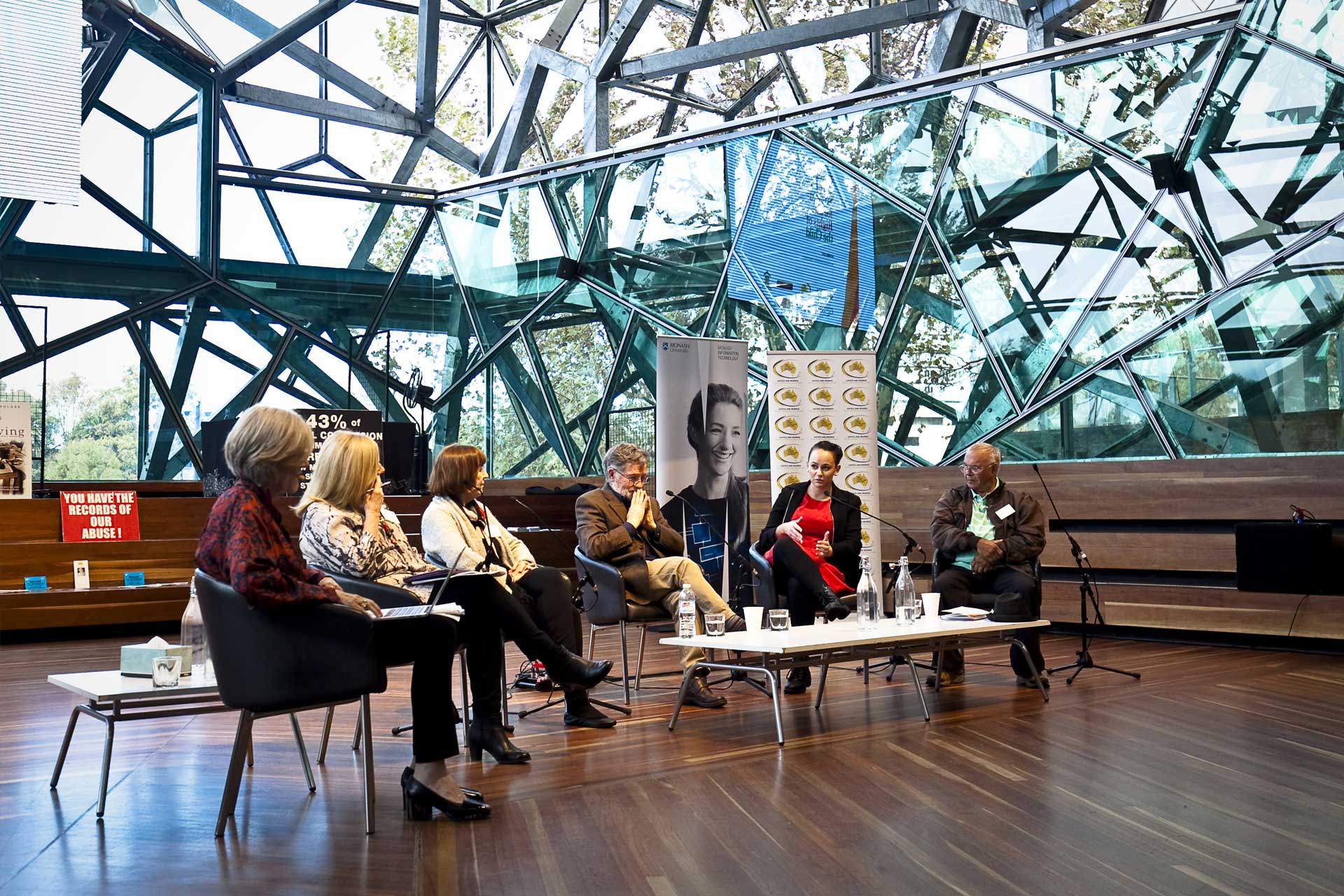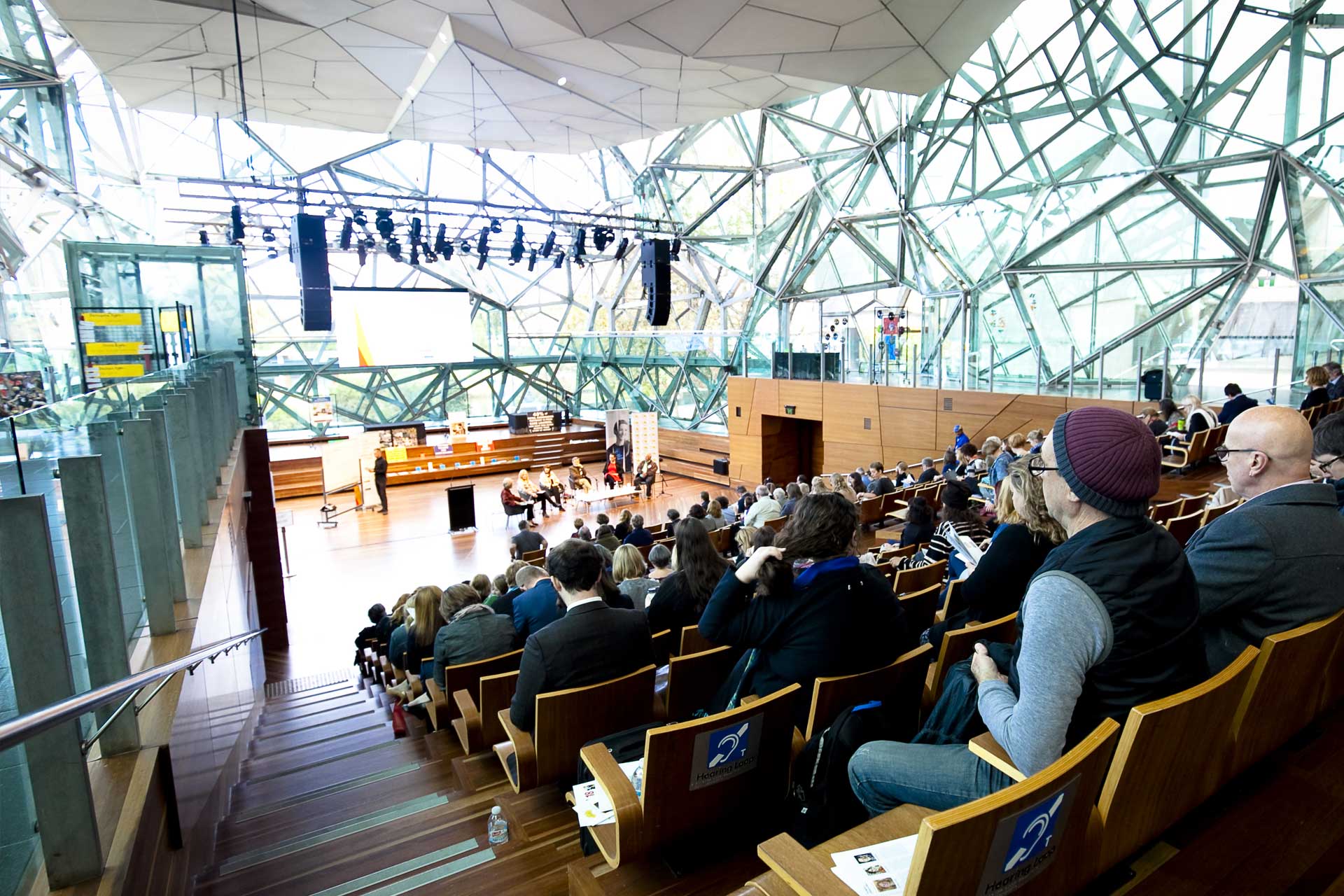Twentieth Anniversary of the Bringing them Home Report
Access to records must be made easier and less harmful
A statement from the Bringing them Home report that does just that – brings home the impact records and recordkeeping processes have on people’s lives.
It’s one that has had a huge impact on me as an archival and recordkeeping professional, educator and researcher. Although I do need to confess that it took a number of years for the realisation of the structural inequities in our existing recordkeeping and archiving infrastructure to sink in. The problems are systemic and so require fundamental shifts in thinking and doing if they are to be substantively addressed. I also reflect on the people that I have met and been influenced by on that journey, a reminder that it requires community and collaboration as well as advocacy and activism to tackle.
The power of records to simultaneously hurt and heal is just one of the complexities that we need to confront. The challenge is to create a recordkeeping and archiving infrastructure that is by its nature inclusive, but also respectful of a diversity of ways of being and knowing, and continually challenged to be the best that it can be for all the people that rely on it in for identity, memory and accountability purposes now, as well as into the future.
We have come a long way in improving access to records for members of the Stolen Generations and their families, but we also still have a long way to go so that
in the longer term Indigenous communities should have an opportunity to manage their own historical documentation



